Understanding Bronze Propellers
Selecting the right bronze propeller is crucial for the performance and efficiency of marine vessels. The propeller acts as the driving force for boats, translating engine power into thrust through the water. The choice of a propeller is determined by the specific requirements of the boat and its operational conditions.
Types and Applications
Marine propellers come in various designs, each tailored for different types of boats and uses. Three-blade propellers are widely used due to their effective balance of performance and comfort. For vessels requiring enhanced maneuverability, such as tugboats or ferries, azimuth propellers offer the ability to rotate horizontally. The application of a propeller is directly linked to its design, influencing factors such as speed, fuel economy, and handling.
Features and Materials
The construction of a propeller is a key factor in its performance. Bronze propellers are favored for their durability and resistance to corrosion. The material composition and blade design are engineered to withstand harsh marine environments, ensuring a longer service life. The size and pitch of the propeller blades are also critical, as they must be matched with the boat's engine specifications to ensure optimal performance.
Advantages of Bronze Propellers
The advantages of using a bronze boat propeller are numerous. Bronze's inherent resistance to corrosion and its strength make it an ideal material for long-term use in marine settings. Additionally, the right propeller can significantly enhance fuel efficiency, reducing operational costs over time. Regular maintenance and timely replacement of propellers can prevent performance degradation and maintain the vessel's efficiency.
Maintenance and Replacement
Maintenance is a critical aspect of propeller management. Over time, even the sturdiest marine propellers will exhibit signs of wear and tear, which can lead to reduced fuel efficiency and performance. It is recommended that vessel operators inspect their propellers regularly and consider replacement when signs of damage are evident. This proactive approach ensures continuous operational efficiency and safety.
Choosing the Right Propeller
The selection of a propeller is a technical decision that should be made with careful consideration of the vessel's characteristics and operational demands. The dimensions of the bronze propeller should be compatible with the boat's engine to achieve the desired speed and efficiency. Understanding the interplay between propeller size, material, and blade count is essential for any boat owner or operator looking to optimize their vessel's performance.







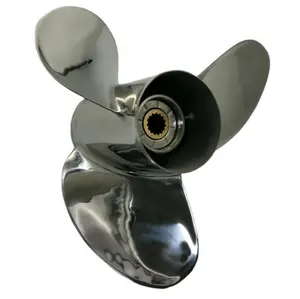


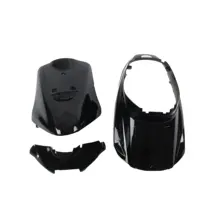
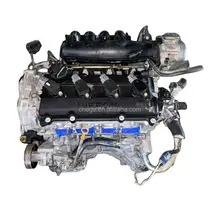

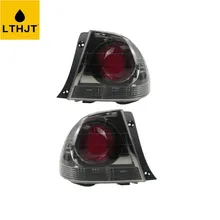

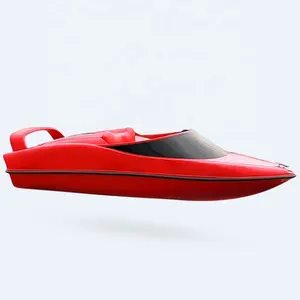


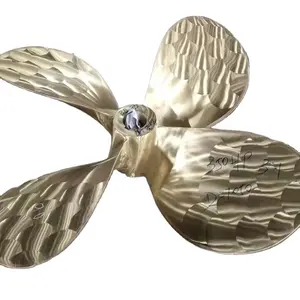

























 浙公网安备 33010002000092号
浙公网安备 33010002000092号 浙B2-20120091-4
浙B2-20120091-4